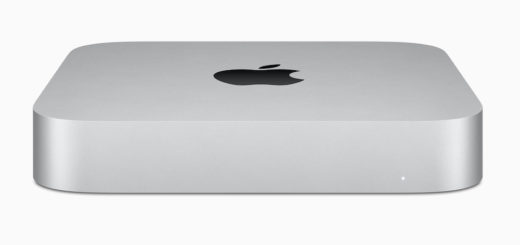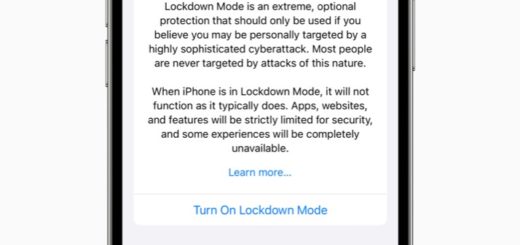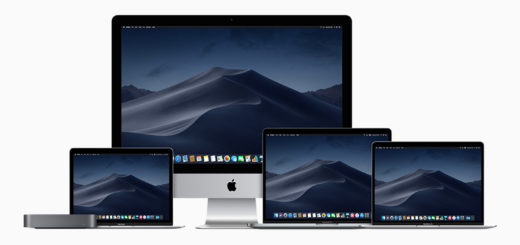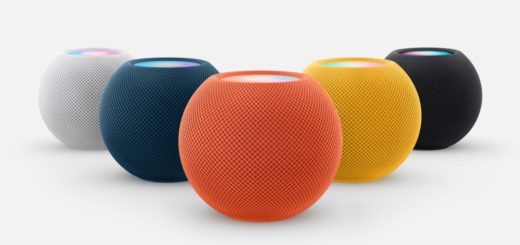Apple is winning the post-Android generation

Growing up in the world
More than four out of five U.S. teenagers now own an iPhone and the number is growing, according to a major survey run by Piper Jaffray.
Welcome to the post-Android generation
Does anyone out there recall when it was revealed that Facebook scraped all kinds of data from Android devices because platform security was lax and the social network (which denies it did it) was nosey?
Does anyone else recall how this news followed closely after revelations concerning Cambridge Analytica using personal data to win elections for clients?
How even people like Jay Z had this to say about the Trump administration?
These events may only be happening in the here and now, but in future we’re going to find them highly significant, as that’s the time when our increasingly socially conscious teens will become more and more convinced that being someone else’s product in exchange for short term convenience is not at all the path to the future they’ve grown up wanting to work for.
The thin wedge
Oh, I don’t expect too much recognition of this consciousness shift from most in the media, not yet, it’s going to be subtle.
All the same, it’s what I see in the Piper Jaffray survey, which points out Apple hasn’t hit peak iPhone among teen users yet, The survey reveals that 84 percent of teens plan to get an iPhone next, that’s up from 60 percent in spring 2014. It isn’t confined to iPhone – 20 percent of teens plan to get an Apple Watch as well.
What do you think is driving this? Do you really think it’s just about marketing?
It’s not – the incoming young are switched-on, digitally-savvy and consciously aware. They’re cynical about the status quo, dream better, and they respect vast talents like Steve Jobs far more than the talking head types who seem to dominate social discourse. They talk to each other, too, and they know that while Apple’s stuff may be more short-term expensive, it lasts longer, and they recognise that they can expect to have a much better time using those products.
ABOVE: See the reaction to Tim Cook saying Apple’s ‘elected not to’ make money by invading your privacy? That’s the future calling.
Values matter
Teenagers are a generation that recognises the benefits of networking, connectivity, a good set of values and the importance of privacy. They are digital natives, which means that not only do they use social networks extensively, they also understand how to use their existing privacy settings (unlike their parents).
A 2015 report reveals that 60 % of teen Facebook users set their profiles to private (friends only), and 56 % find it easy to set privacy controls). They’re smart to the risks of the online world – and so aware of the need to protect themselves there that they untag images, write false posts and even create parallel identities in order to maintain sanctity around their online lives.
Privacy is a human right
So, given the importance of privacy and the recent revelations of how subversion of private information may even have led to attempts to undermine democracy, which smartphone platform do you think they will prefer when they grow up and have kids of their own?
It won’t be the platforms that were insecure by design. It certainly won’t be the platforms that have let people down, by promising control over data that they did not deliver.
Mark my words:
Apple’s focus on ensuring its platforms are as private as it can manage to make them is beginning to look like one of the most sensible moves the company made. Even if it makes Siri a slightly slower learner, I think most savvy younger users would rather be certain their voice assistant isn’t telling everyone else what they are doing.
Teenagers, more than anyone, are becoming less prepared to “be the product”, but it looks very like a growing number of them are becoming more and more committed to “being the change”.





I am reading this from an iPhone on Safari browser. At the bottom of the column there is an ad from Amazon, Displaying the same Apple dock I was looking at 2-3 days ago. I try to keep my privacy also. These advertisers are getting “sneakier and sneakier”.
I think you may need to upscale your challenge
https://www.amazon.com/adprefs
As well as letting you switch off personalisation, it also tells you:
You can also generally opt-out of receiving personalized ads from third party advertisers and ad networks who are members of the Network Advertising Initiative (NAI) or who follow the Digital Advertising Alliance’s Self-Regulatory Principles for Online Behavioral Advertising by visiting the opt-out pages on the NAI website and DAA websit